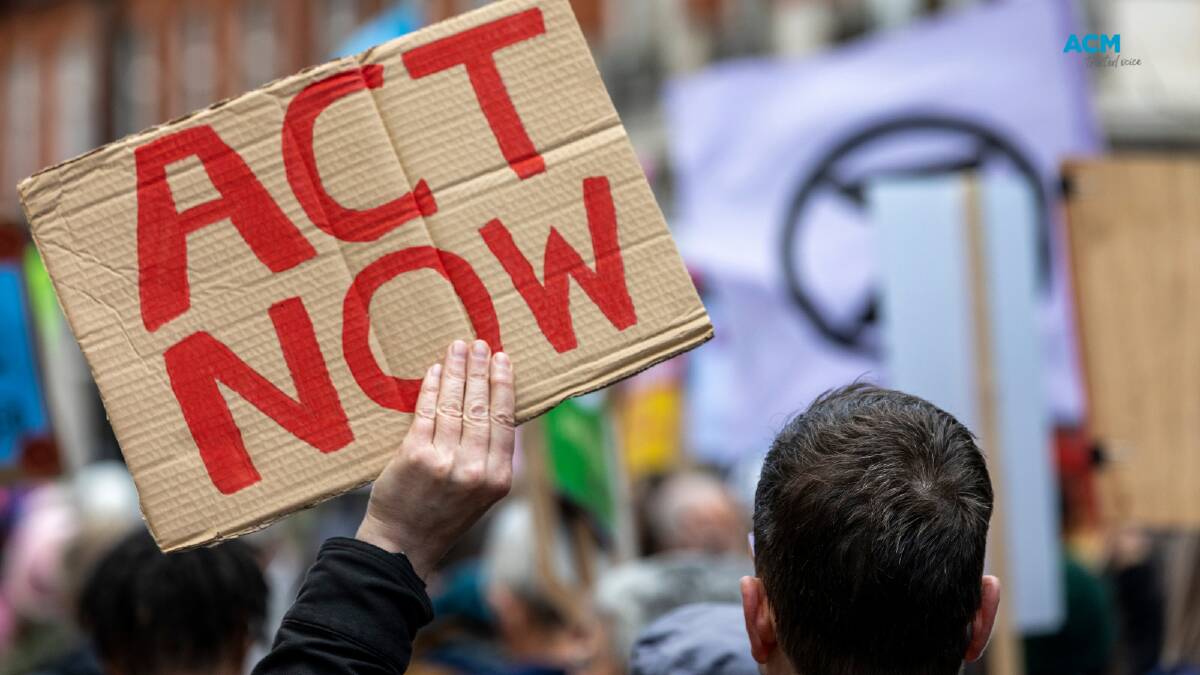A new interactive climate tool allows users to check average 2050 temperatures in their town or suburb and results show that winter may be a thing of the past.
Subscribe now for unlimited access.
$0/
(min cost $0)
or signup to continue reading
The mobile app tool uses 2050 CSIRO climate projections to map the temperature changes expected in 15,000 locations around Australia.
Users can log onto the app and type in their postcode to check how their town or suburb will fare in the coming decades, if climate change is not curbed.
"It's a form of storytelling, a way to bring climate data into an everyday context and remind people of the urgent need to act," MyClimate 2050 creator and ANU Associate Professor Geoff Hinchcliffe said in a press release.
Check out your postcode's 2050 temperature here (works best on mobile, click here for desktop):
"The tool aims to give people a personal and localised appreciation of climate ideas that are typically considered at global scales and can be difficult to comprehend," he said.
The CSIRO projections show 99 per cent of Australian towns and suburbs studied are expected to heat up, with some daily maximum temperatures increasing up to 4.8 degrees Celsius.
IN OTHER NEWS:
The Australian Conservation Foundation (ACF) said the majority of towns and suburbs will lose winter as a result of climate change.
"Spelling disaster for Australia's Alpine regions, which rely on a stable climate and winter tourism," the ACF said.

ACF climate change program manager Gavan McFadzean said projections show over 2,000 locations are forecast to experience more than 30 days over 35 degrees Celsius.
"This tool starkly illustrates how unbearably hot summers will become if we continue polluting our climate like there's no tomorrow," he said.
"We need a strong safeguard mechanism that rules out new coal and gas and starts to seriously hold big polluters to account," Mr McFadzean said.
"We can't continue on this path," he said.
Australia will see more severe droughts, bushfires, floods, storms and rising sea levels if coal, oil and gas use continued, he said.
"Our climate future is shaped by what we do today, so we need to quickly shift away from burning coal and gas, ramp up renewable energy use and protect and restore nature," he said.


